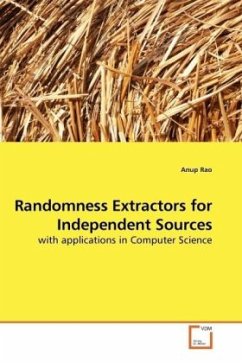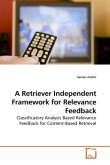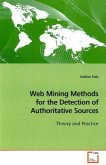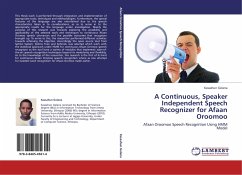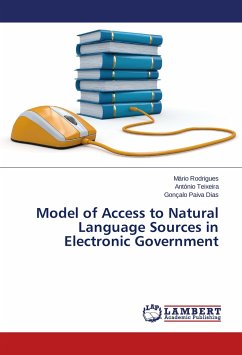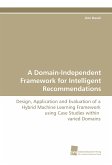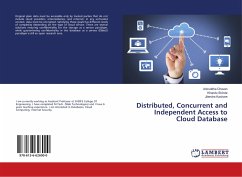The use of randomized algorithms and protocols is ubiquitous in computer science. Randomized solutions are typically faster and simpler than deterministic ones for the same problem. In addition, many computational problems (for example in cryptography and distributed computing) are impossible to solve without access to randomness. In computer science, access to randomness is usually modeled as access to a string of uncorrelated uniformly random bits. Although it is widely believed that many physical phenomena are inherently unpredictable, there is a gap between the computer science model of randomness and what is actually available. It is not clear where one could find such a source of uniformly distributed bits. In practice, computers generate random bits in ad-hoc ways, with no guarantees on the quality of their distribution. The aim of this thesis is to close this gap and identify the weakest assumption on the source of randomness that would still permit the use of randomized algorithms and protocols.
Bitte wählen Sie Ihr Anliegen aus.
Rechnungen
Retourenschein anfordern
Bestellstatus
Storno

